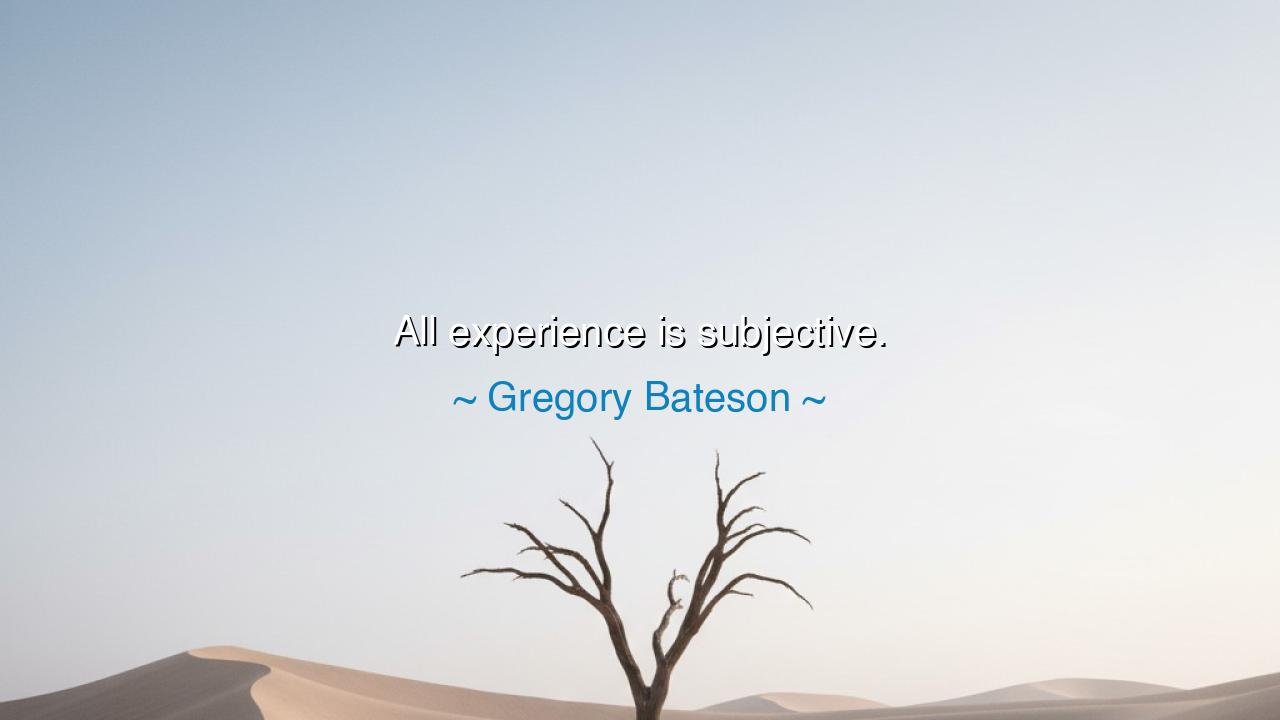
All experience is subjective.






Opening Scene – Narrated by Host
The evening had settled in, casting the room in a soft, warm light. Jack sat by the window, his gaze lost in the cityscape outside, though his mind was clearly elsewhere. His fingers rested lightly on the edge of a notebook, but his thoughts seemed tangled in something deeper, something unspoken. The quiet in the room was comforting, but there was an undercurrent of restlessness in the air, a sense of something waiting to be understood.
Jeeny was sitting across from him, a cup of tea in hand, her attention shifting between the pages of a book and Jack. She could feel the tension in the room, the way he seemed to be wrestling with thoughts that hadn’t fully found their voice. She waited, knowing that sometimes, the right question could help bring those thoughts to light.
Host: The stillness felt like it was ready to give way to something more profound, something that had yet to be spoken.
Jeeny: Her voice was calm, yet purposeful, breaking the silence. “Jack, I came across a quote today that made me think of you. It’s from Gregory Bateson. He said, ‘All experience is subjective.’ What do you think about that?”
Jack: His eyes shifted toward her, the weight of the words landing softly at first, but growing deeper as he processed them. He let out a thoughtful sigh before responding. “You know, it’s true, but it’s also kind of unsettling. Everything we experience, everything we see, is filtered through our own lens — our emotions, our biases, our history. There’s no such thing as an experience that’s truly objective. It’s all shaped by how we feel, what we believe, and even what we’ve been taught.”
He leaned back slightly in his chair, his voice becoming more reflective. “It’s hard to even trust our own experiences sometimes, because they’re colored by our perceptions, right? We think we’re seeing the truth, but it’s always filtered through us.”
Jeeny: She nodded slowly, her gaze steady as she absorbed his words. “Exactly. The idea that all experience is subjective means that we can never truly know what someone else feels or sees. Even when we share experiences, they’re still unique to each of us. You could be sitting in the same room as someone, experiencing the same event, but your perception of it would be different from theirs. And that’s the complexity of human experience — it’s all tied to the individual.”
Her voice softened, almost like a reminder. “And I think what Bateson is getting at is that, while we can try to understand each other, we’ll never fully experience the world the same way. Our experiences are shaped by our own filters.”
Jack: He sat up a little straighter, his thoughts becoming clearer. “Yeah, it’s like we’re constantly interpreting the world through our own lens, and that makes every experience feel different. But the tricky part is understanding that while we’re all experiencing things differently, there’s still a shared reality. We’re all living in the same world, but it’s almost like we’re each experiencing it through a different set of eyes.”
He smiled faintly, as if a quiet realization was settling in. “I guess that’s what makes communication so complicated. Even when we’re trying to connect with others, we’re always speaking from our own unique point of view, and that makes it hard to truly share experiences. We’re not just talking about the same thing — we’re talking about the same thing as we see it, and that’s different for everyone.”
Jeeny: She smiled softly, her eyes warm with understanding. “Exactly. And that’s okay. It doesn’t mean we can’t understand each other, but it means that we have to approach communication with empathy. We have to acknowledge that our experiences, our perspectives, are all shaped by different things. And that’s what makes us human — the ability to recognize that we are all experiencing the world in our own way.”
Her voice grew a little more hopeful, almost like a gentle encouragement. “When we understand that our experiences are subjective, it opens up the possibility of true connection — not in spite of our differences, but because of them. We don’t have to agree, but we can appreciate where someone else is coming from.”
Jack: He nodded slowly, the tension in his shoulders easing as the weight of the conversation began to settle. “I see now. It’s not about seeing the world through someone else’s eyes, but about acknowledging that their perspective is just as real and valid as mine. It’s about understanding that we’re all carrying our own subjective truths, and that’s what makes each person’s experience unique.”
His smile grew slightly, a quiet peace filling him. “Maybe it’s not about finding one universal truth. Maybe it’s about learning to live with the understanding that every experience is different, and that’s what makes each of them important.”
Jeeny: She smiled warmly, her voice full of quiet pride. “Exactly. It’s about embracing the diversity of perspectives and recognizing that our individual experiences, while subjective, are part of the larger human experience. We all have a unique way of seeing the world, and that’s what makes our connections with others so rich, so meaningful.”
Host: The room felt lighter now, the earlier restlessness replaced with a sense of clarity. Jack seemed to have found peace in understanding that our subjective experiences don’t isolate us; they connect us in a deeper, more meaningful way. The world outside continued its rhythm, but inside, there was a new realization: all experiences are shaped by the lens through which we view the world, and by embracing that subjectivity, we can foster empathy, understanding, and connection.
End Scene.






AAdministratorAdministrator
Welcome, honored guests. Please leave a comment, we will respond soon